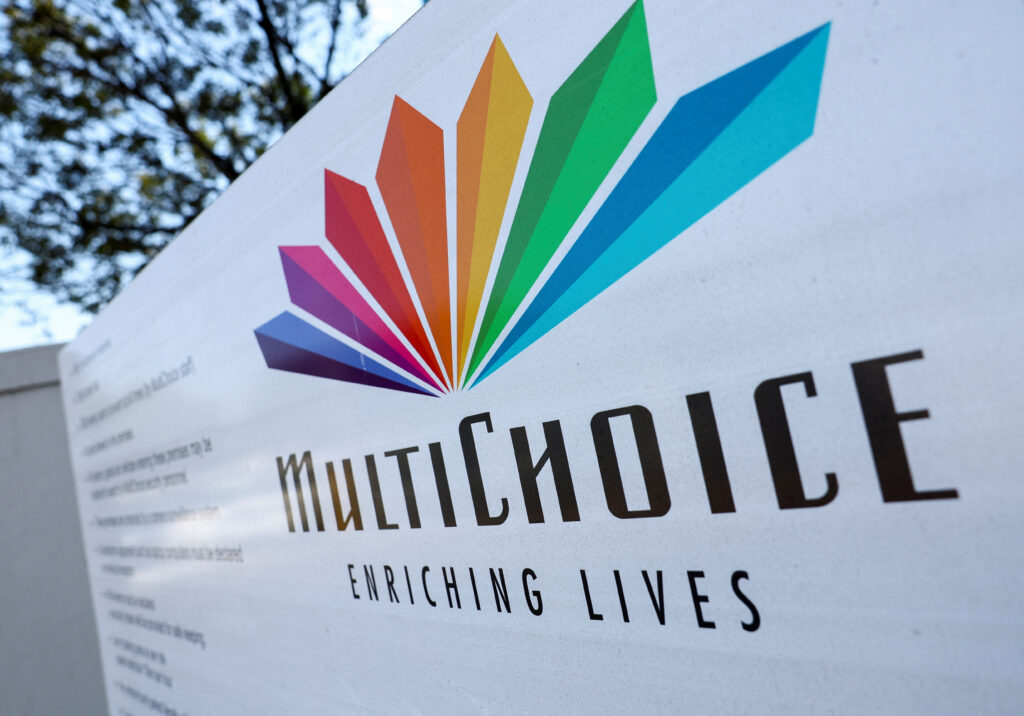Food producer, Tiger Brands, has announced the sale of Langeberg & Ashton Foods (LAF) to a consortium of local fruit producers and partners for R1 after failing to ascertain its commercial viability and sustainability.
“There has since been considerable effort to ensure a responsible exit from LAF, given the economic importance of this iconic business in the region, employing over 3 000 permanent and seasonal staff,” the group says in a Sens update on Friday.
ADVERTISEMENT
CONTINUE READING BELOW
Read: Tiger Brands tables settlement in listeriosis case
Tiger Brands says the sale is to a consortium comprising parties with a vested interest in the sustainability of LAF and a local co-operative of fruit growers in the Ashton region in the Western Cape who bring agricultural sector expertise and insights.
The Ashton Fruit Producers Co-operative comprises member producers from the Robertson, Ceres, Breede River and Klein Karoo areas.
Tiger Brands share price
The transaction
Tiger Consumer Brands, a manufacturing and distribution subsidiary of Tiger Brands, will sell LAF as a going concern for a nominal cash consideration of R1 to a newly formed company established by the consortium.
In turn, Tiger Consumer Brands will invest R150 million to establish a community trust focused on socioeconomic development in the broader Langeberg area. This funding will allow the trust to acquire and hold a 10% stake in LAF via the newly formed company, while the consortium will hold the remaining equity.
Listen/Read: New information on listeriosis outbreak points directly to Tiger Brands [Sep 2024]
“The establishment of the community trust is a notable milestone for the region, as Tiger Brands remains committed to the distribution of social and economic benefits to the community of Langeberg long after the company’s exit,” says the food producer.
Tiger Brands is also committed to completing an effluent plant upgrade with a further investment of R31 million.
This transaction aligns with Tiger Brands’s strategy to focus on core markets and strengthen its position as Southern Africa’s leading consumer goods company, it says. The sale allows a sharper market alignment since most of LAF’s products are exported to Europe and Asia – outside the company’s strategic focus.
ADVERTISEMENT:
CONTINUE READING BELOW
Moreover, LAF’s seasonal nature demands substantial working capital – around R900 million annually. Exiting the business will free up these resources, enhancing Tiger Brands’s cash flow and financial efficiency.
The transaction is subject to regulatory approval from competition authorities. A key condition set by Tiger Brands is that Tiger Consumer Brands and the purchaser must enter into a contract manufacturing agreement to supply canned fruit under the KOO brand, which continues to be sold in Southern African markets.
Read: Tiger Brands pays dividend, despite modest revenue growth [Dec 2024]
Trading update for H1: 2025
Earlier this week, Tiger Brands released a voluntary trading statement published on Sens, in which it notes expectations of headline earnings per share (Heps) for total operations to rise between 15% and 25% for the six months ended 31 March 2025 compared to the prior period.
Heps from continuing operations are forecast to be between 30% and 40% higher than in the corresponding period in 2024.
The company is expected to release its interim results for the period ending 31 March 2025 on or around 28 May.
Follow Moneyweb’s in-depth finance and business news on WhatsApp here.

 5 days ago
1
5 days ago
1






















 English (US) ·
English (US) ·